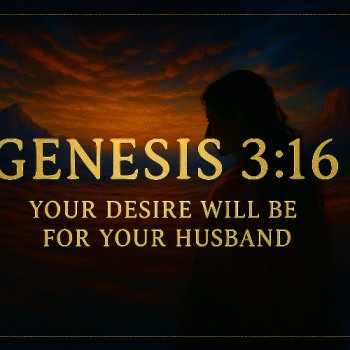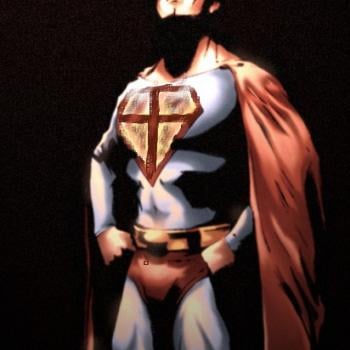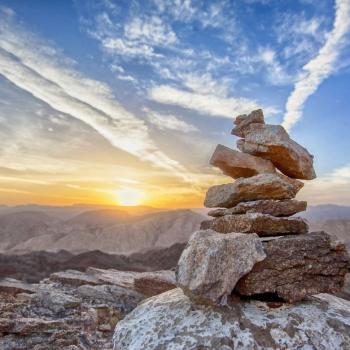What does it mean to have religious lyrics in secular pop music? Scholars of religion have attempted to answer this question in a variety of ways. They have described the rock concert as a religious experience and sing-alongs as part of an age-old ritual of mantra recitation. Indeed, "The Boss" himself, Bruce Springsteen, speaks with a Christian inflection when he welcomes his audiences to the "Church of Rock N' Roll."
In mid-August, we had the chance to think about this question in a new way when we listened to Matisyahu in concert in Raleigh, NC. We knew Matisyahu as the Orthodox Jewish reggae musician who has held audiences captive with his mix of rastaman, rock, and Jewish rhythms, all infused with Jewish mystical lyrics. Born Matthew Miller to a secular Jewish family on Long Island, he adopted an Ultra-Orthodox lifestyle in his early twenties, and yet continued to pursue and excel in his pop musical career at the same time. We also knew that in December 2011, Matisyahu shaved his beard and shed his Orthodox attire, including tsit tsit (fringes of a prayer shawl) and suit. He nonetheless remains an observant Jew.
To get to know Matisyahu is to get to know the marriage of Jewish mysticism and contemporary pop music. His lyrics suggest a deeply held kabbalistic world view. Following in the steps of Shlomo Carlebach, the "singing rabbi" who inspired audiences from a wide range of Jewish denominations until his death in 1994, Matisyahu was profoundly affected by Carlebach's legacy of bringing Jewish music into the popular arena. But Matisyahu goes one step further in creating authentic fusion between the two. As he tells us in an interview in 2006, "The world that I come from is the world of raves, hip-hop clubs, and rock and roll." And yet the world he chose to inhabit as a young adult is one of texts, religious study, and observance in an Ultra-Orthodox setting of Lubavitcher Chassidim. As he put it, "I made a conscious decision to immerse myself in the religious world for three years. . . . Then I decided to re-incorporate the two worlds together. The life style I live is connected to both worlds—drawing from my old [music] world and living by the [Orthodox] rules."
While Carlebach's audiences were far ranging—encompassing Reform, Conservative, Reconstructionist, secular, and Orthodox fan bases, they were largely, if not exclusively, drawn from the Jewish world. And Matishayu's documentary suggests that his main audience would also be a Jewish one. Most of the footage is from a concert in Jerusalem, and Matisyahu himself is interviewed from the steps of the old city where Chassidim casually stroll by, unfazed by the young musicians drumming and chanting in their vicinity.
Matisyahu's lyrics draw on the Hebraic element already present in Rastafarianism and reggae music, but place those elements in an even more Jewish context. The song "Heights" is an excellent example:
With brothers coming home at last/Fighting together for light/Sons and daughters of Abraham/ Lay down to a higher command/Don't be tricked by the acts of man/ G-d's wisdom revealed in a holy plan/ A chance to unite the past.// To Zion we roam/And we're not all alone/ Unite and purify.
This song, among many others, contains phrases and ideas that are, short of being in Hebrew, the most specifically Jewish one could imagine. Most of Matisyahu's lyrics are inflected with Yiddish as well as English, explicitly Zionist, and kabbalistically mystical at the same time.
For these reasons, as we drove up to an outdoor venue next to the Lincoln Theater in Raleigh, we were expecting a Jewish ambience. We ourselves knew that Matisyahu, as an observant Jew, would not appear until three stars shone in the evening sky—the sign that the Sabbath is officially over. And we would not have been surprised if most of the audience was drawn from the Jewish population in the Triangle area.
What we encountered, however, was far different. The park was filled with hundreds of young people from a wide variety of backgrounds—no different than any other rock concert. They were drinking, flirting, eating, shouting, and singing. They waved their cell phones to the beat as the immediately previous generation waved their lighters. Children were being hoisted onto their parents' shoulders, and screaming young men and women hoisted themselves up onto the terraces of nearby buildings to get a better view.
And, like any other rock concert, most of the people seemed to know Matisyahu's lyrics—Jewishly specific as they were. Concertgoers pumped their fists at key moments in the songs. And the lyrics they favored surprised us. The song "Jerusalem: Out of Darkness Comes Light" was a particular favorite with this highly secular and diverse crowd. The song is filled allusions from the Psalms (137:5):
Jerusalem, if I forget you/ fire's not gonna come from my tongue/ Jerusalem, if I forget you/let me right hand forget what it's supposed to do./




